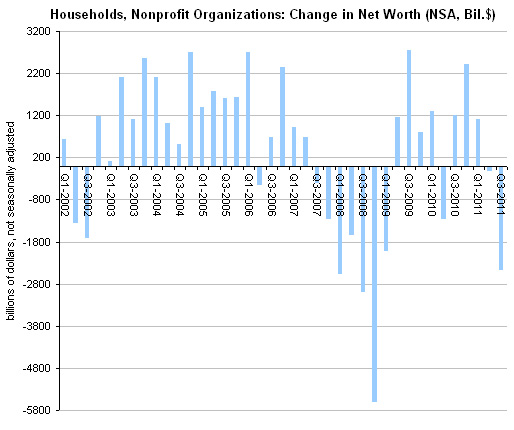A new study from NeighborWorks America, a community development agency, links buyer counseling to significantly lower default rates.
In an evaluation of 75,000 mortgages originated from 2007 to 2009, NeighborWorks determined that borrowers who went through its prepurchase counseling program were nearly a third less likely than noncounseled borrowers to fall behind in payments 90 days or more in the first two years after closing.
The reduction in delinquencies was the same for both first-time and repeat buyers.
The findings send a message to lenders and investors, said Eileen Fitzgerald, the agency’s chief executive: “Before you kind of tie somebody into a loan, you should be encouraging them to go to prepurchase education and counseling. You will make more money off of that person.”
Previous studies of buyer counseling programs have reached varying conclusions. The NeighborWorks study, though not “bulletproof,” used a broader sample and a more rigorous control group than some earlier studies, said Chris Herbert, the research director for the Joint Center for Housing Studies at Harvard University.
He said none of the studies had been able to control for the possibility that buyers who seek counseling on their own might have personal characteristics that make them less likely to default. The NeighborWorks study tried to minimize this bias by drawing from the data of the credit-rating agency Experian to select a comparison group with credit practices similar to those of the counseled buyers.
NeighborWorks provides home-buyer education and counseling through a national network of roughly 240 nonprofit groups. Clients, typically low- and moderate-income families, pay a small fee.
The program helps potential buyers figure out what they can really afford, “beyond what a Realtor or banker would say,” after factoring in day care, transportation and other significant costs, Ms. Fitzgerald said. It also stresses the need for caution after a purchase, when credit-card offers can create the temptation to splurge on furniture and other household items.
“It really does make a difference if you take a little time to get the information and work through your own budget before you buy a home,” Ms. Fitzgerald said.
But the NeighborWorks findings, while interesting, shouldn’t be interpreted as conclusive evidence that all housing counseling works, said David Stevens, the chief executive of the Mortgage Bankers Association and a former Federal Housing Administration commissioner.
Counseling programs differ in how they are delivered. “The one thing we have yet to see is what’s the model that works,” Mr. Stevens said. “My own subjective view is that face-to-face is probably the best.”
The NeighborWorks model uses group education and individual counseling.
The Department of Housing and Urban Development is the primary source for funding for housing counseling. In recent years, most of these funds have been spent on people in foreclosure.
A recent report from the Bipartisan Policy Center argues for continued federal appropriations for counseling to improve borrowers’ access to “affordable, prudent” mortgage loans. The report also calls for lenders and regulators to provide incentives for borrowers who have weaker credit to go through counseling programs.
Mr. Stevens described counseling as “critical as we go forward.” Good programs can benefit the lending industry by reducing the level of support needed from professionals during the mortgage process, he said, and by improving efficiency.
Article source: http://www.nytimes.com/2013/03/31/realestate/the-benefits-of-prepurchase-mortgage-counseling.html?partner=rss&emc=rss
